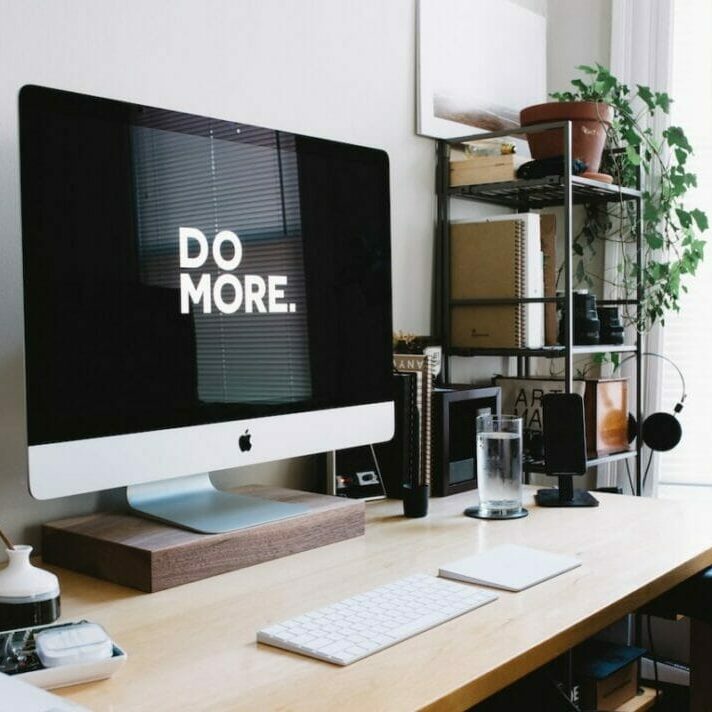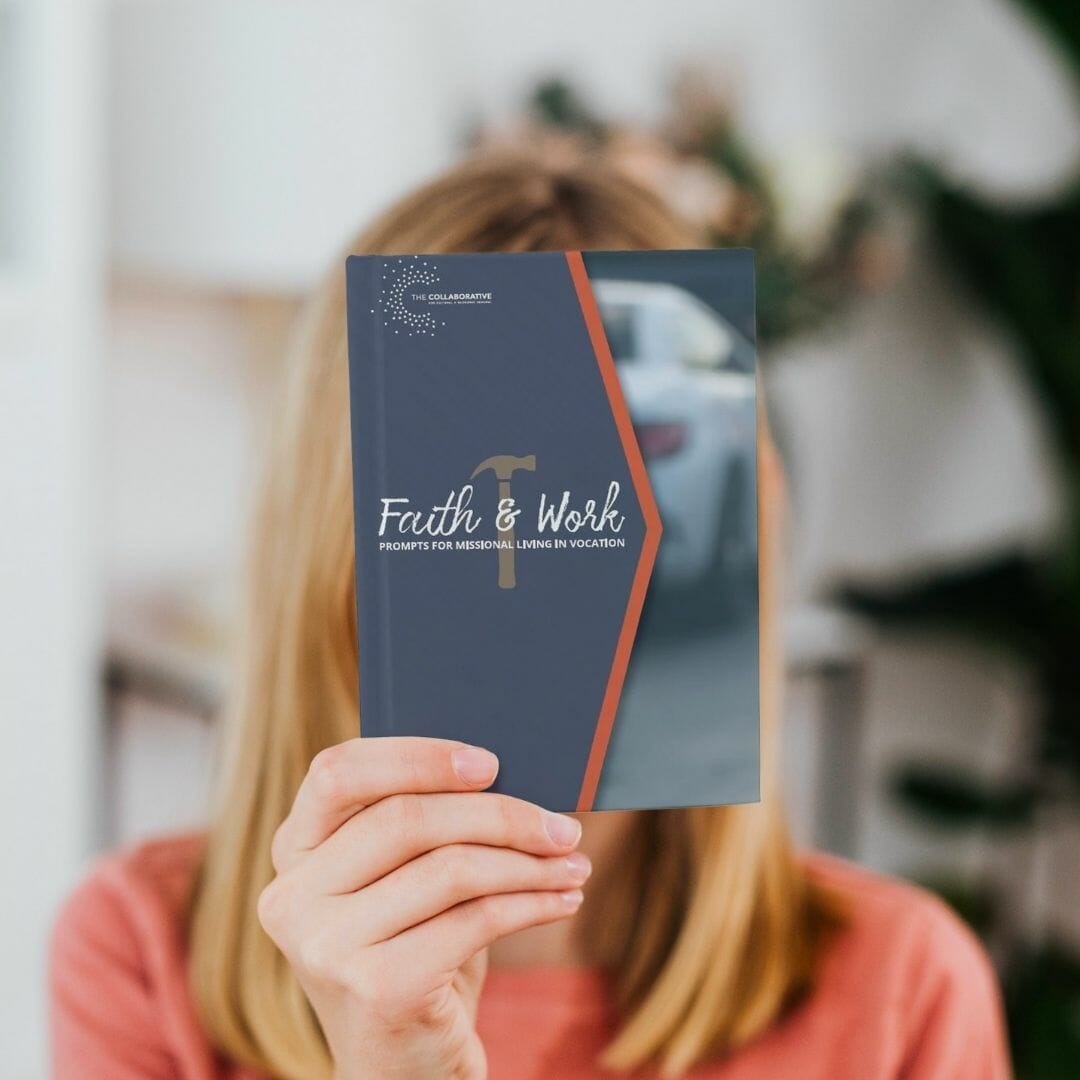Occasionally, we try to feature books that help us on our journey of thriving for the glory of God. Given that we are constantly bombarded with technology, this new book Digital Minimalism by Cal Newport has caught my attention. In the article below Ryer Carroll, inventor of the Bullet Journal, interviews Cal Newport about his book Digital Minimalism.
Even if you are not a regular user of social media, you can still be misusing technology and allowing it to disrupt your life. This book is not about eliminating technology, rather it challenges us to be more thoughtful about how we engage it. Happy reading!
Digital Minimalism
For all his alleged faults, Steve Jobs didn’t lack vision. It was his ability to foresee what people didn’t even know they wanted, that turned Apple from a garage operation into one of the most successful companies of all time. That said, when he unveiled the iPhone, even he couldn’t see the future he was creating. The iPhone, and its app store, are arguably the most influential inventions in terms of sculpting our social landscape. It unshackled the internet from our desks, and put it in our pockets. It wasn’t the first, but it was the most elegant, the most “user friendly”. It made the experience of going online from anywhere, at anytime, seamless.
It’s said that we live in a time where we have unlimited access to information. Maybe it’s the other way around: we live in a time where information has unlimited access to us.
Our time and our energy however, are very limited, and we’re investing ever more online.
Technology isn’t inherently good or bad, but our relationship with technology has become unsustainable. Barring any cataclysmic event, the blazing pace of technological advancement will continue. So what are we supposed to do? It seems the thing that we’re missing is a framework, a philosophy that allows us to leverage technology in the way that it was intended: to serve us. This is the topic of author – and computer science professor at Georgetown University – Cal Newport’s new book Digital Minimalism. I recently had the pleasure of interviewing Cal on his thoughts.
___
RC: You state that our brains are sophisticated social computers, central to our success as a species. How is technology messing with our neurological software?
CN: Humans are fundamentally social creatures. Because our ability to navigate social dynamics is key to our species’s success, a non-trivial portion of our cognitive capacity is dedicated to this subtle task.
When you began messing with human sociality by introducing factors such as social media apps that deliver a constant stream of social approval indicators, or email inboxes full of messages waiting for replies, it presents this carefully calibrated brain software with artificial social situations it’s not evolved to recognize, leading to all sorts of unexpected problems, from compulsive use to exaggerated social anxiety.
When you allow twenty-year-olds in a Silicon Valley incubator to begin messing around with something as fundamental as human sociality, we shouldn’t be surprised when some negative consequences arise.
RC: Often people mistake traditional/analog Minimalism as a form of deprivation. They imagine spotless white rooms with a stick or two of furniture. What are the common misconceptions in regards to Digital Minimalism?
CN: Minimalism is a philosophy that has been around since antiquity. Its basic claim is the following: in many areas of life, focusing your energy on the things that bring you the most value will leave you better off than trying to spread your energy over everything that has some value to offer.
In the case of minimalism applied to your physical possessions, this sometimes gets wrapped up in the minimalism art movement, and you end up with rooms that look like sterile galleries — but that’s as much about style as it is a lifestyle philosophy. Marie Kondo is a purer expression of minimalism in that setting: she wants you to only keep around possession that you really love, but doesn’t push people toward stark white rooms — it’s about joy, not deprivation.
Digital minimalism applies this same philosophy to your digital life: focus your time spent online on things that return huge value, and happily miss out on all the small little apps and services that offer you only minor conveniences or diversions. It’s not about being a luddite, but instead getting much more out of your tech.
WHAT WE ARE THINKING ABOUT
WATCH: I Quit Social Media for 30 Days (Short Video)
APP: Moment (Track your phone useage)
QUOTE: Technology is, of course, a double edged sword.
Fire can cook our food but also burn us.
— Jason Silva, American Director
Crosland Stuart, of Crosland and Company, LLC., works with The Collaborative in the areas of content creation, communications, and recruitment.
Thanks to Markus Spiske for the photo from Unsplash



